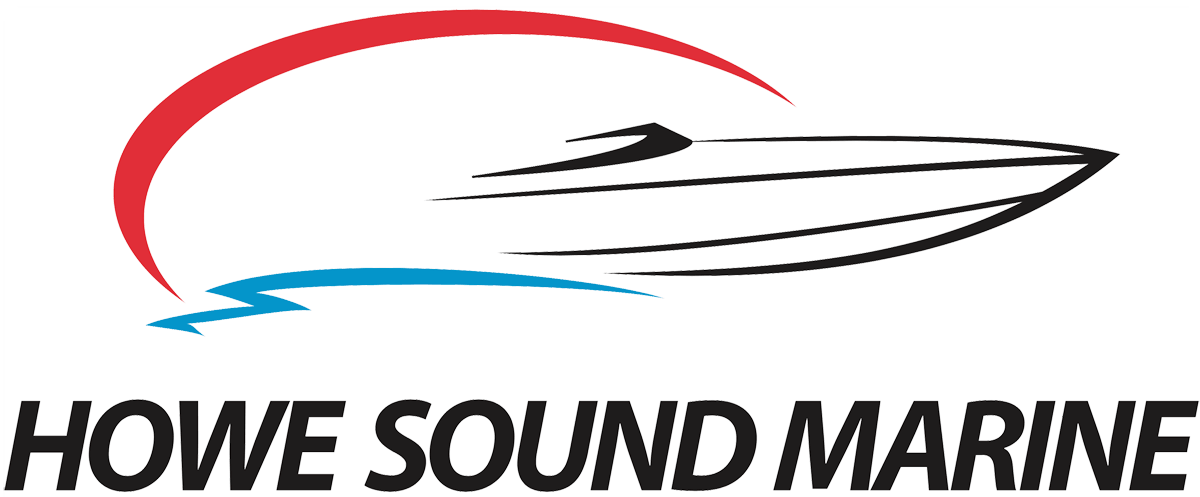Ready For An Emergency?
In a recent conversation with some boating friends, we were discussing how we would handle an onboard emergency.
Specifically, was the skipper's partner skilled enough to deal with whatever was going on? Usually, this means “the wife”, but honestly, it means the person who ‘should be’ the first mate in that boating moment. Our friends were actually shocked to hear that, in our case, “the wife”, could actually deal with an emergency, as in their case it was a different matter.
Hence the question: If you had to deal with a boating emergency, (injury, sickness, loss of power,etc.) would your first mate be able to deal with the emergency? Would they know how to safely get the boat into the nearest port or call for help on the VHF?
If you answered no, then you should consider the following points:
- Statistics have shown that 80% of all those who drown are men
- The Canadian government statistics show that there are 6,000 non- fatal injuries that occur on the water each year and these are only the ones reported!
- These statistics included carbon monoxide poisoning, electrocution caused by stray current in the vessel, cardiac arrest, hypothermia, trauma and interaction with marine life or nature.
- Boating accounts for 1/3 of water-related deaths in Canada.
- 33% of victims were power boating, 27% were sport fishing and 13% were canoeing.
- More than 90% of boating victims are male and 50% are 18 to 34 years old.
The next question then becomes “What is the best way for someone to learn how to handle a boat, whether or not in an emergency?”
It may not be in your relationships best interest for you to try teaching your partner; most people usually find it awkward to learn important skills from someone close to them. Contact your local Power Squadron, or ask the Coast Guard Auxiliary about classes or private instruction. If your partner learns to confidently handle your boat you will end up with the best first mate you could ask for and odds are they will enjoy boating with you more often.
While the pleasure craft operator card (PCOC) tests a minimum level of knowledge, it falls far short of what is needed to handle an emergency or avoid the situation altogether. In addition to PCOC, find courses in boating essentials for safe operation and navigation, and for VHF radio operator licence.
To learn more about required safety equipment read our blog on Safe Boating.
First mates Ahoy! Happy Boating!
Give us a call us today for more information at
(604) 921-7124. We’d be happy to talk with you.
Contact Us
Questions on our Services or Products? Get in Touch
USEFUL LINKS
SEARCH
SUBSCRIBE FOR UPDATES
You need a helping hand with your project?
We will get back to you as soon as possible
Please try again later
USEFUL LINKS
SEARCH
SUBSCRIBE FOR UPDATES
You need a helping hand with your project?
We will get back to you as soon as possible
Please try again later
All Rights Reserved | Howe Sound Marine
Privacy Policy
All Rights Reserved | Howe Sound Marine | Privacy Policy

